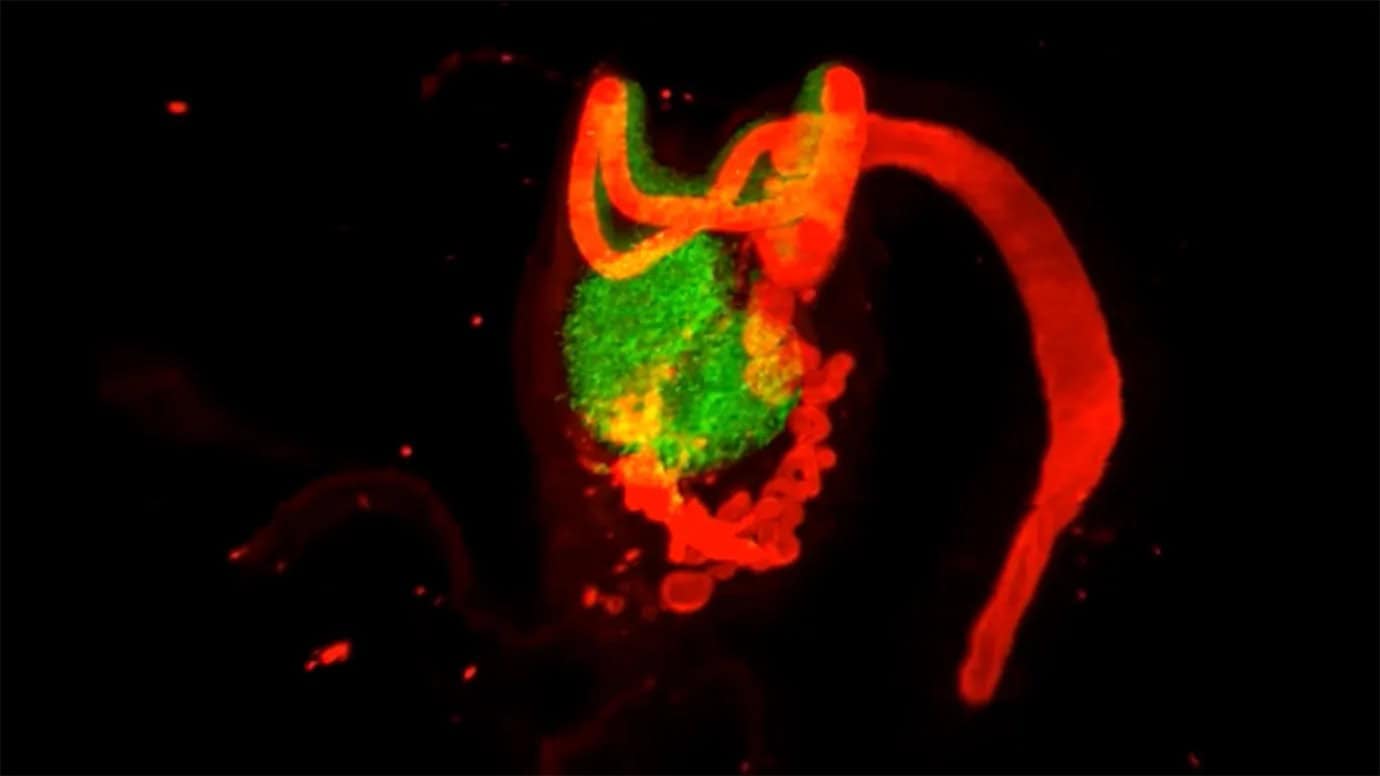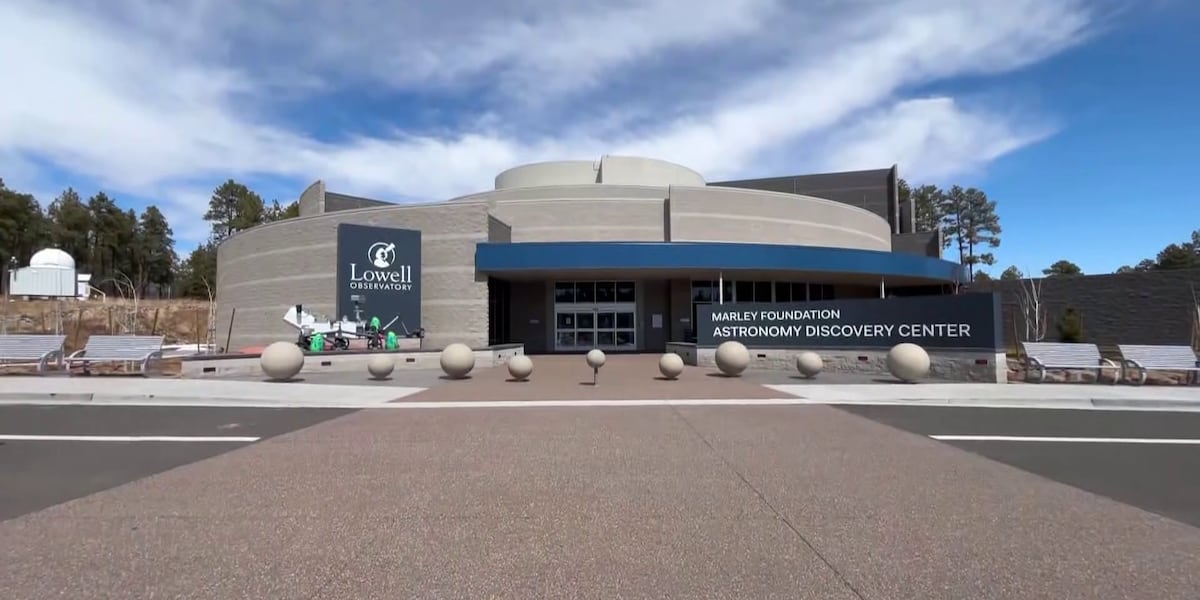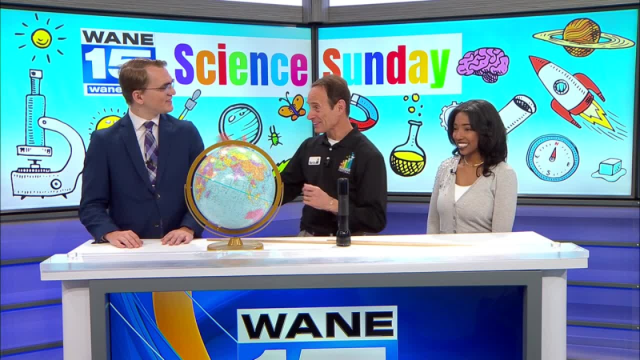Puppet Masters of Science: How Sock Puppets Are Unraveling Enzyme Mysteries
Science
2025-04-17 13:30:04Content
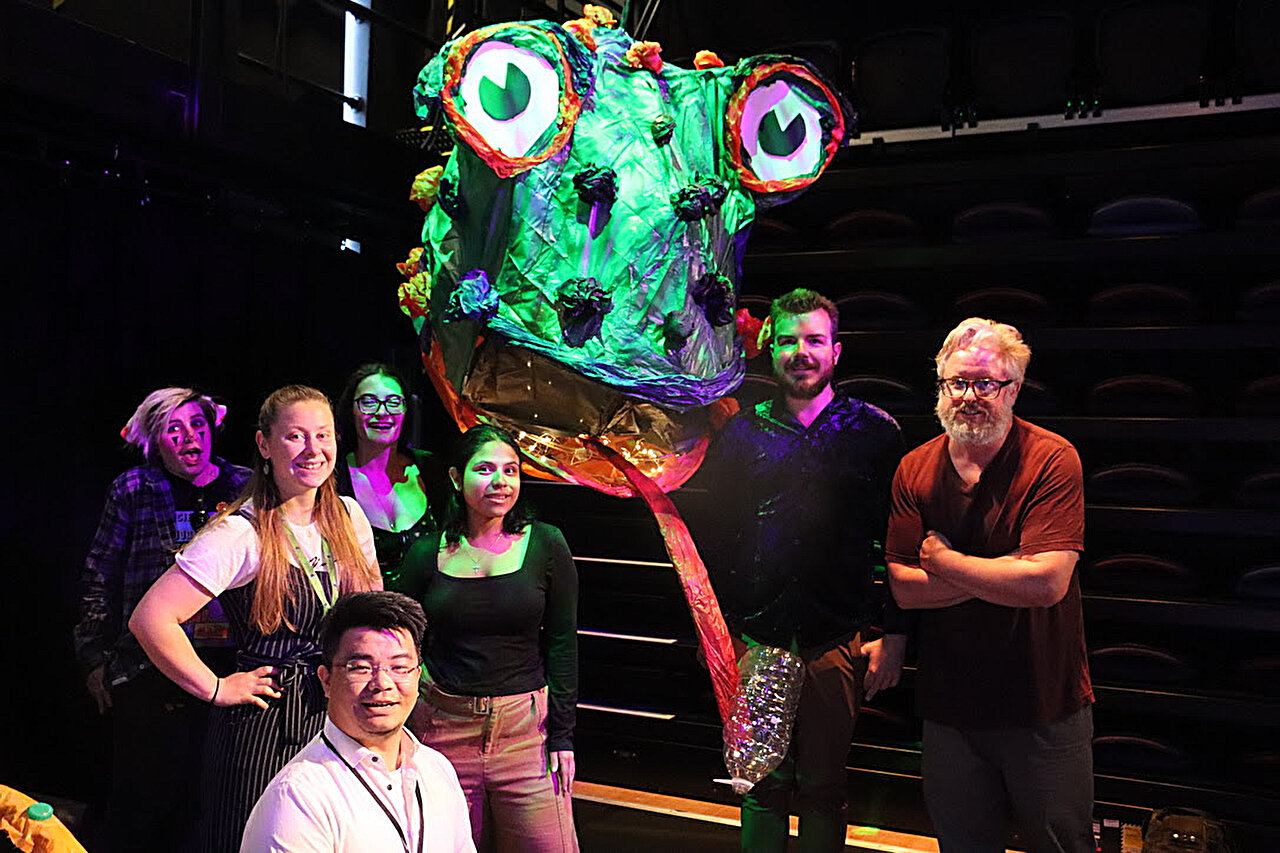
Bridging Science and Creativity: Innovative Research Unveils New Ways to Communicate Complex Topics
A groundbreaking study from the University of Portsmouth has discovered an exciting approach to demystifying challenging scientific concepts through the power of creative expression. Researchers have found that unconventional methods like puppetry can transform intricate subjects—such as plastic recycling—into accessible and engaging narratives that capture public imagination.
The innovative research highlights how artistic techniques can break down barriers in scientific communication, making complex information more digestible and compelling for diverse audiences. By leveraging creative storytelling and interactive visual methods, scientists can now explain sophisticated processes in ways that resonate with people from all backgrounds.
This approach not only makes scientific information more understandable but also sparks curiosity and encourages broader public engagement with critical environmental and technological topics. The study demonstrates that creativity and science can work hand in hand to foster better understanding and inspire meaningful conversations about important global challenges.
Puppetry Unleashed: Transforming Complex Science into Digestible Narratives
In an era where scientific communication often feels intimidating and disconnected from everyday understanding, researchers are pioneering innovative approaches to bridge the knowledge gap. By leveraging creative storytelling techniques, scientists are discovering groundbreaking methods to translate intricate scientific concepts into accessible, engaging narratives that resonate with diverse audiences.Revolutionizing Science Communication Through Creative Storytelling
The Art of Scientific Translation
Modern scientific communication faces significant challenges in making complex topics comprehensible to the general public. Traditional academic presentations often overwhelm audiences with technical jargon and abstract concepts, creating barriers to understanding. Researchers at the University of Portsmouth are challenging this paradigm by introducing unconventional communication strategies that transform dense scientific information into compelling, relatable experiences. Puppetry emerges as a surprisingly powerful tool in this scientific communication revolution. By anthropomorphizing complex processes and utilizing visual storytelling, researchers can deconstruct intricate scientific mechanisms into digestible, memorable narratives. This approach not only simplifies understanding but also creates emotional connections with scientific concepts that might otherwise seem distant or incomprehensible.Innovative Methodologies in Science Communication
The research explores multiple creative techniques beyond traditional puppetry, including interactive multimedia presentations, immersive storytelling, and experiential learning models. These methods aim to democratize scientific knowledge by making it accessible, engaging, and entertaining. Interactive demonstrations allow audiences to experience scientific principles through hands-on engagement, breaking down cognitive barriers that typically prevent comprehensive understanding. By transforming abstract theories into tangible, interactive experiences, researchers can spark curiosity and foster deeper scientific literacy across diverse demographic groups.Case Study: Plastic Recycling Reimagined
Using plastic recycling as a compelling example, researchers demonstrate how creative communication can illuminate complex environmental processes. Through carefully crafted puppet performances and interactive narratives, they illustrate the intricate journey of plastic materials from consumption to potential regeneration. These performances go beyond mere entertainment, serving as educational tools that explain sophisticated recycling mechanisms, environmental challenges, and potential technological innovations. By humanizing scientific processes, audiences can better comprehend the significance of sustainable practices and individual contributions to environmental conservation.Psychological Dimensions of Creative Science Communication
The research delves into the psychological mechanisms underlying effective science communication. By understanding how humans process and retain information, researchers can design more impactful educational strategies that leverage emotional engagement and narrative structures. Cognitive science reveals that humans are inherently wired to understand and remember stories more effectively than raw data. By framing scientific concepts within compelling narratives, communicators can significantly enhance information retention and generate genuine interest in complex subjects.Future Implications and Technological Integration
As technology continues evolving, the potential for creative scientific communication expands exponentially. Virtual reality, augmented reality, and advanced multimedia platforms offer unprecedented opportunities to create immersive, interactive scientific experiences that transcend traditional educational boundaries. The research suggests that interdisciplinary collaboration between scientists, artists, educators, and communication specialists will be crucial in developing next-generation science communication strategies. By breaking down disciplinary silos, we can create more holistic, engaging approaches to scientific education and public understanding.RELATED NEWS
Science

Local Science Olympiad Squad Clinches Coveted National Championship Berth
2025-04-10 15:43:03
Science

Revolutionary Soybean Breakthrough: Bayer Unveils Cutting-Edge Vyconic Variety
2025-03-04 19:28:28
Science
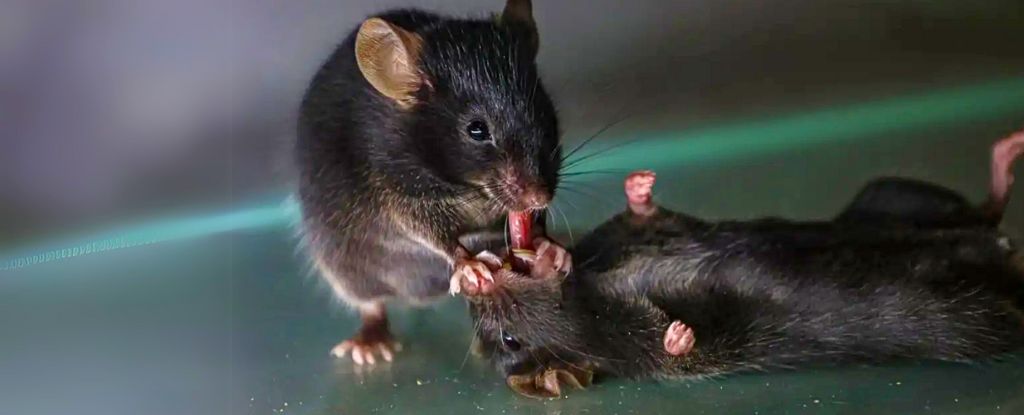
Compassion in the Animal Kingdom: Mice Perform Extraordinary Rescue Attempt on Fallen Comrade
2025-02-24 06:36:12
